Index relies entirely on the support of donors and readers to do its work.
Help us keep amplifying censored voices today.
[vc_row][vc_column][vc_column_text]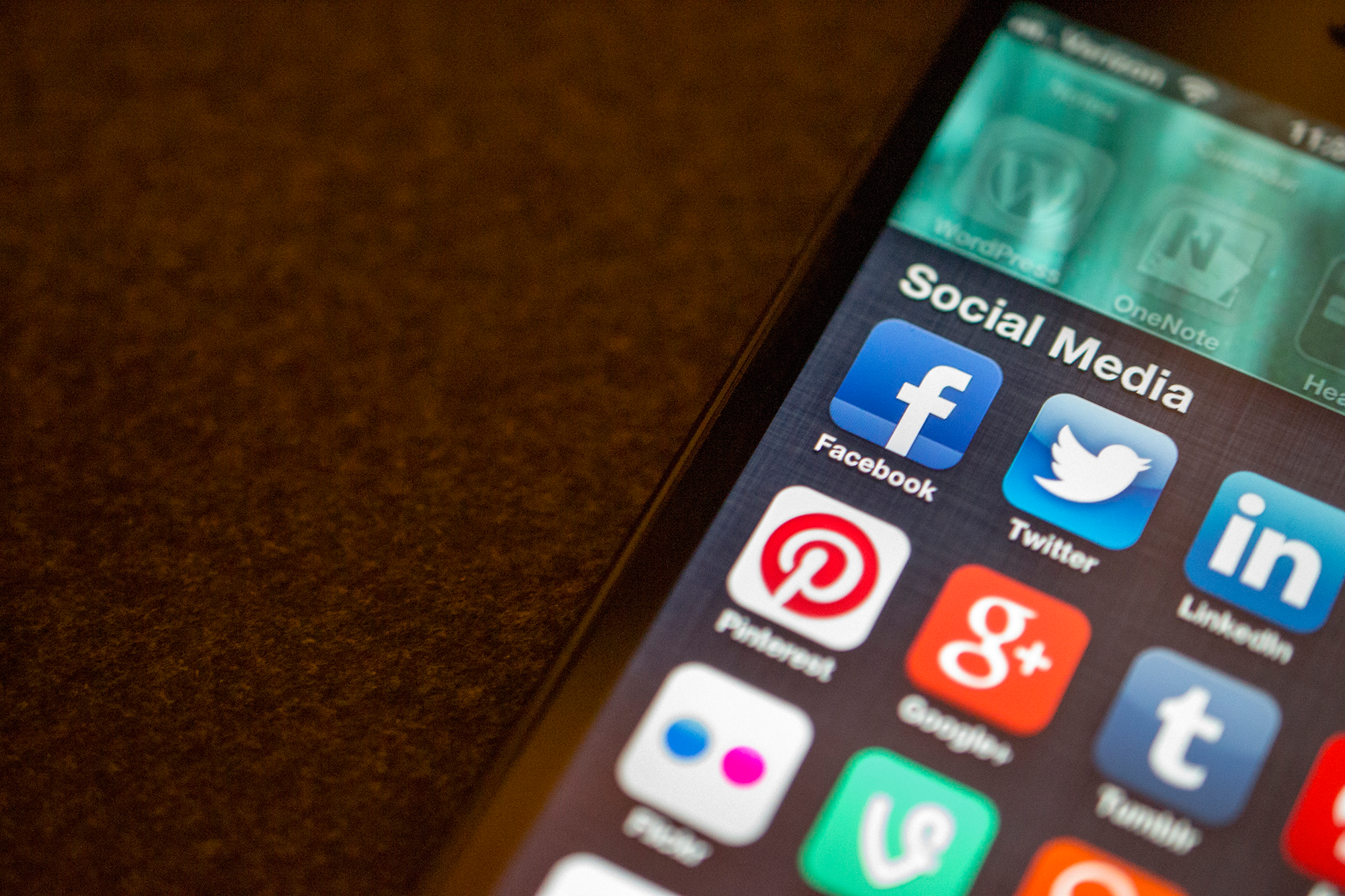 [/vc_column_text][vc_column_text]
[/vc_column_text][vc_column_text]



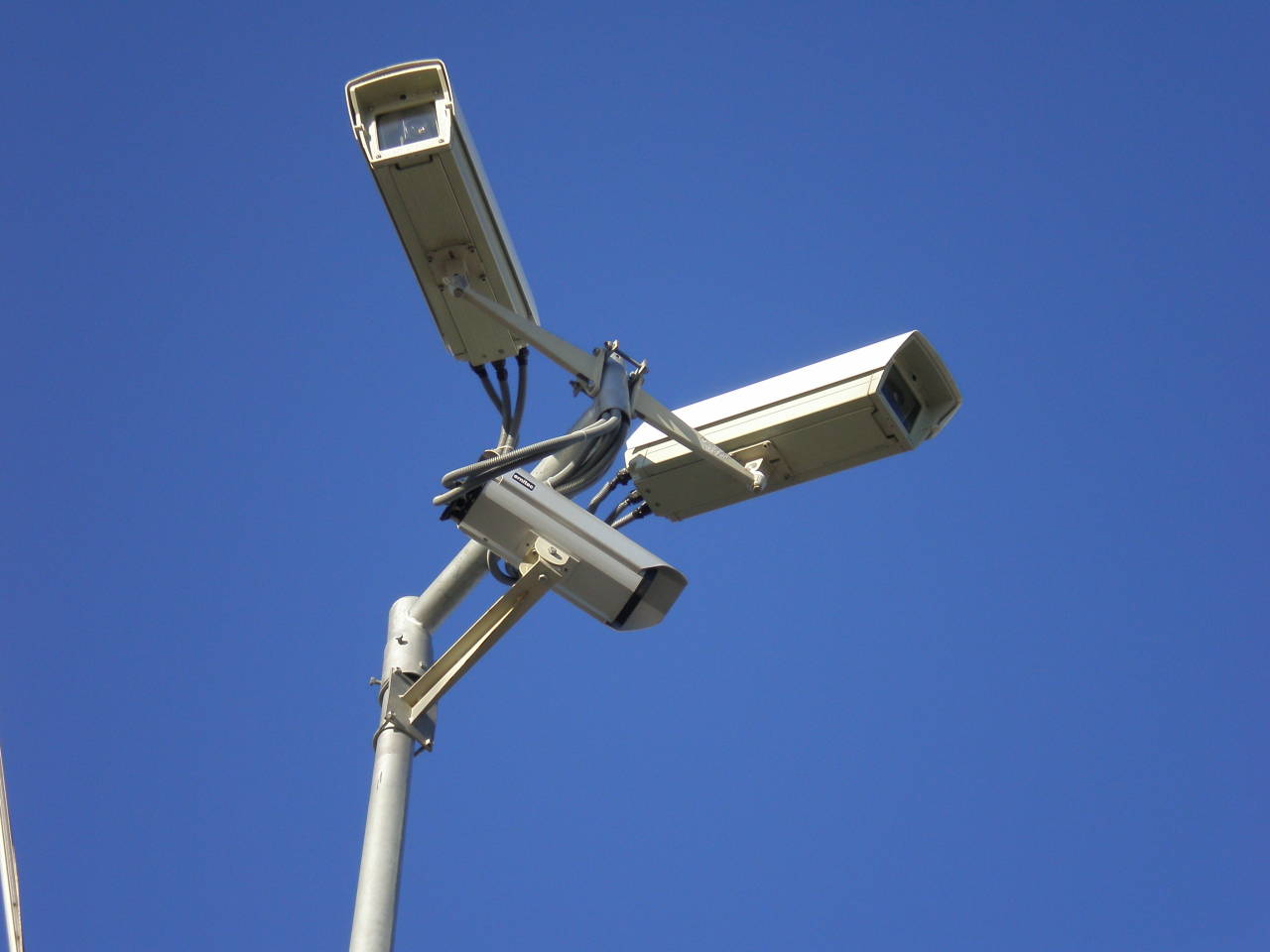
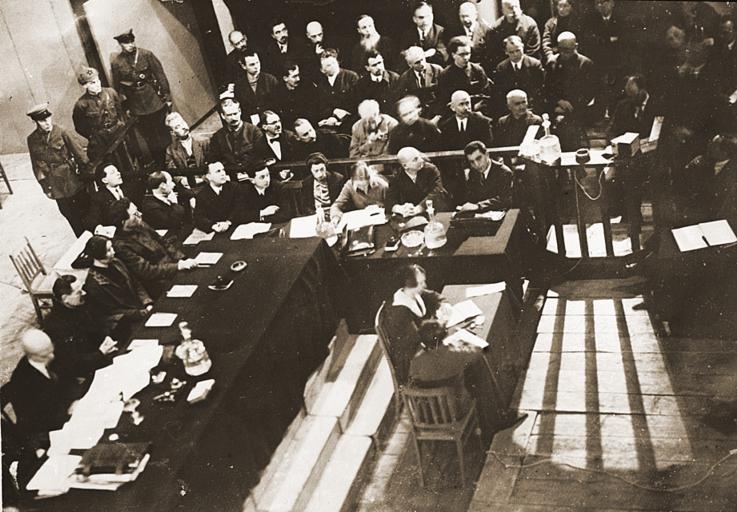
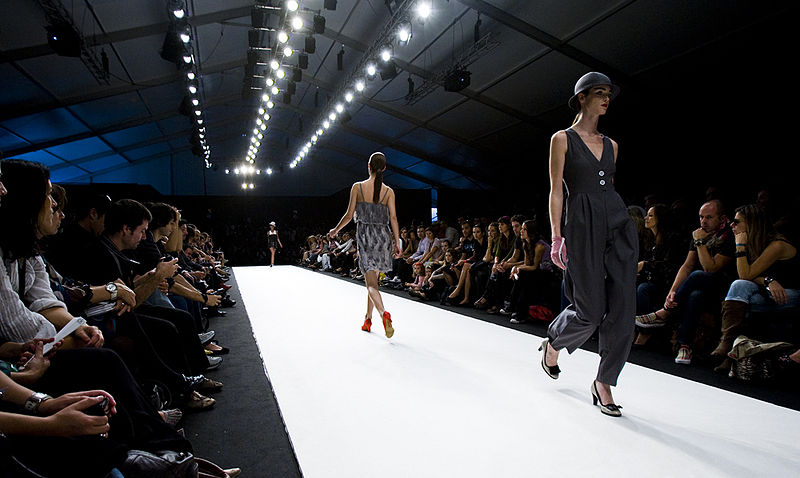
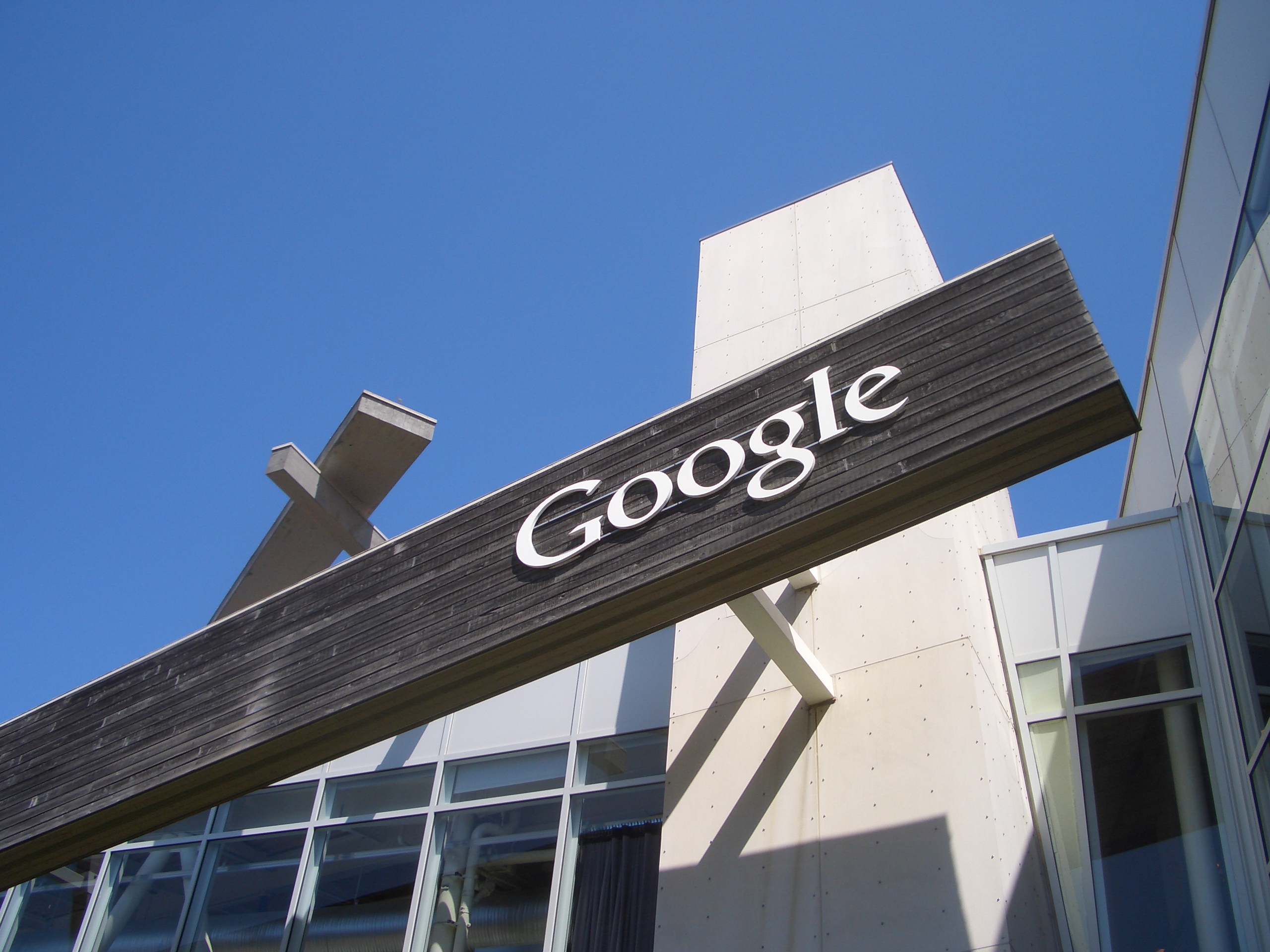
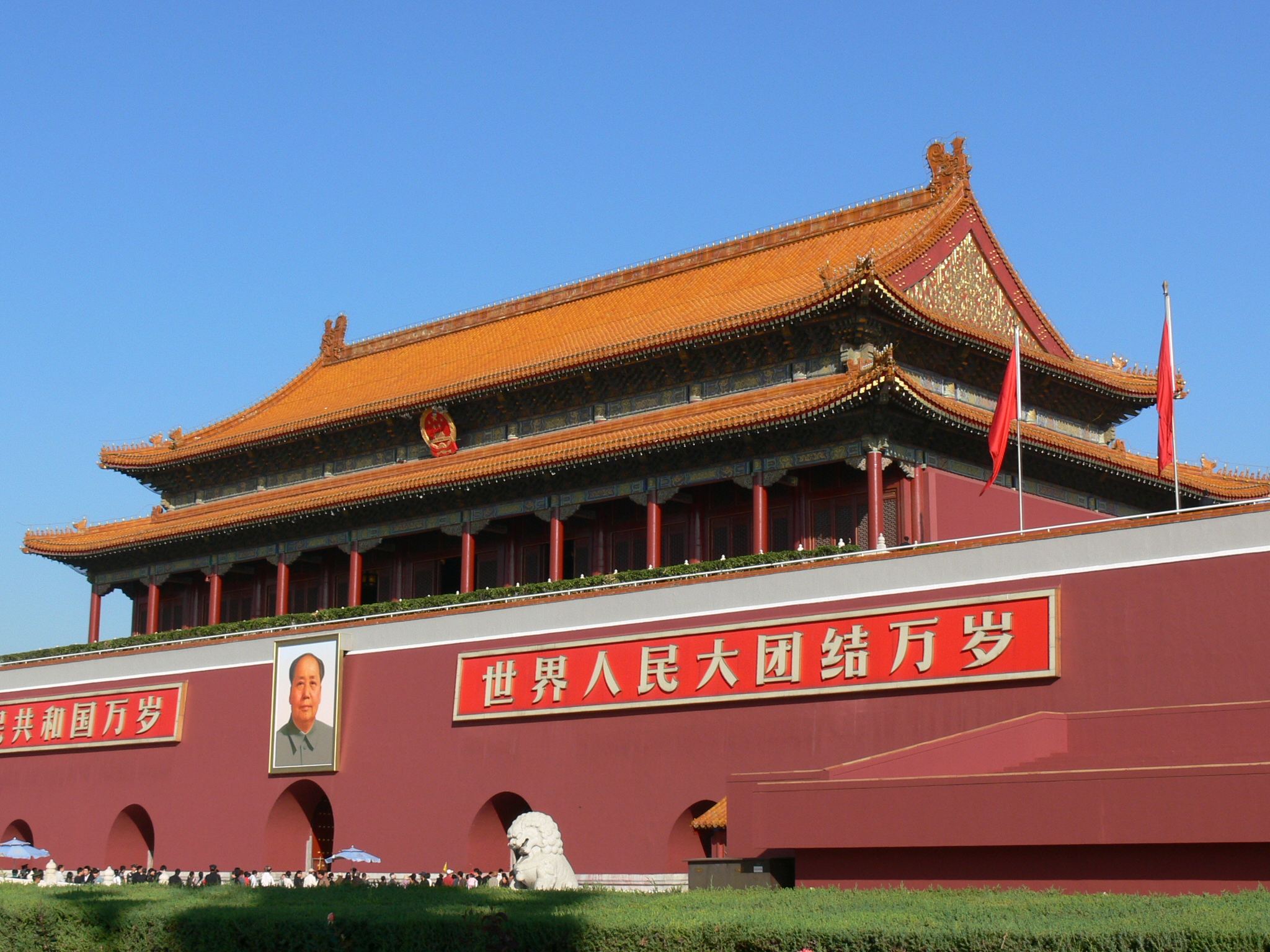
[vc_row][vc_column][vc_custom_heading text=”Keeping our heads down can mean that hard-won rights can easily be lost. Sometimes we choose to stay quiet, but often we are complicit without realising, says Rachael Jolley” google_fonts=”font_family:Libre%20Baskerville%3Aregular%2Citalic%2C700|font_style:400%20italic%3A400%3Aitalic”][vc_single_image image=”113251″ img_size=”full” add_caption=”yes”][/vc_column][/vc_row][vc_row][vc_column][vc_column_text]
[/vc_column_text][/vc_column][/vc_row][vc_row][vc_column width=”1/4″][vc_icon icon_fontawesome=”fas fa-quote-left” size=”xl”][/vc_column][vc_column width=”3/4″][vc_custom_heading text=”The petition said she demanded the imprisonment of scholars who had signed a ‘Peace Petition’. The thing was, she didn’t” google_fonts=”font_family:Libre%20Baskerville%3Aregular%2Citalic%2C700|font_style:400%20italic%3A400%3Aitalic”][/vc_column][/vc_row][vc_row][vc_column][vc_column_text]
[/vc_column_text][/vc_column][/vc_row][vc_row][vc_column][vc_column_text]
[/vc_column_text][/vc_column][/vc_row][vc_row][vc_column width=”1/3″][vc_custom_heading text=”Why and when we chose to censor ourselves and give away our privacy” google_fonts=”font_family:Libre%20Baskerville%3Aregular%2Citalic%2C700|font_style:400%20italic%3A400%3Aitalic”][vc_column_text]The spring 2020 Index on Censorship magazine looks at how we are sometimes complicit in our own censorship[/vc_column_text][/vc_column][vc_column width=”1/3″][vc_single_image image=”112723″][/vc_column][vc_column width=”1/3″][vc_custom_heading text=”Subscribe” google_fonts=”font_family:Libre%20Baskerville%3Aregular%2Citalic%2C700|font_style:400%20italic%3A400%3Aitalic”][vc_column_text]In print, online. In your mailbox, on your iPad.
Subscription options from £18 or just £1.49 in the App Store for a digital issue.
Every subscriber helps support Index on Censorship’s projects around the world.
![]() SUBSCRIBE NOW[/vc_column_text][/vc_column][/vc_row]
SUBSCRIBE NOW[/vc_column_text][/vc_column][/vc_row]
[vc_row][vc_column][vc_custom_heading text=”As China struggles with coronavirus, will there be any change in the attempts it makes to get international companies to censor their content before operating within its borders, Charlotte Middlehurst reports” google_fonts=”font_family:Libre%20Baskerville%3Aregular%2Citalic%2C700|font_style:400%20italic%3A400%3Aitalic”][vc_single_image image=”113104″ img_size=”full”][/vc_column][/vc_row][vc_row][vc_column][vc_column_text]
[/vc_column_text][/vc_column][/vc_row][vc_row][vc_column width=”1/4″][vc_icon icon_fontawesome=”fas fa-quote-left” size=”xl”][/vc_column][vc_column width=”3/4″][vc_custom_heading text=”The world can only wait to see whether China will be more desperate to encourage economic activity after the coronavirus outbreak, or things stay the same” font_container=”tag:h3|text_align:left” google_fonts=”font_family:Libre%20Baskerville%3Aregular%2Citalic%2C700|font_style:400%20italic%3A400%3Aitalic”][/vc_column][/vc_row][vc_row][vc_column][vc_column_text]
[/vc_column_text][vc_column_text]
[/vc_column_text][vc_column_text]
[/vc_column_text][/vc_column][/vc_row][vc_row][vc_column width=”1/3″][vc_custom_heading text=”Why and when we chose to censor ourselves and give away our privacy” font_container=”tag:h3|text_align:left”][vc_column_text]The spring 2020 Index on Censorship magazine looks at how we are sometimes complicit in our own censorship[/vc_column_text][/vc_column][vc_column width=”1/3″][vc_single_image image=”112723″][/vc_column][vc_column width=”1/3″][vc_custom_heading text=”Subscribe”][vc_column_text]In print, online. In your mailbox, on your iPad.
Subscription options from £18 or just £1.49 in the App Store for a digital issue.
Every subscriber helps support Index on Censorship’s projects around the world.
![]() SUBSCRIBE NOW[/vc_column_text][/vc_column][/vc_row]
SUBSCRIBE NOW[/vc_column_text][/vc_column][/vc_row]